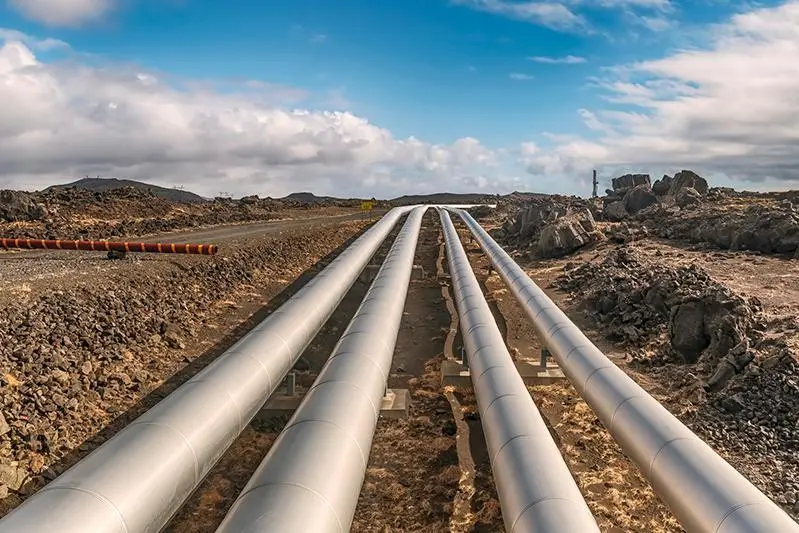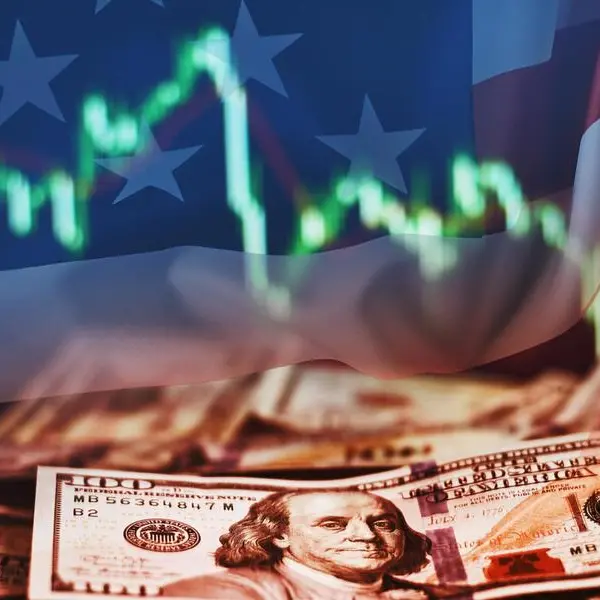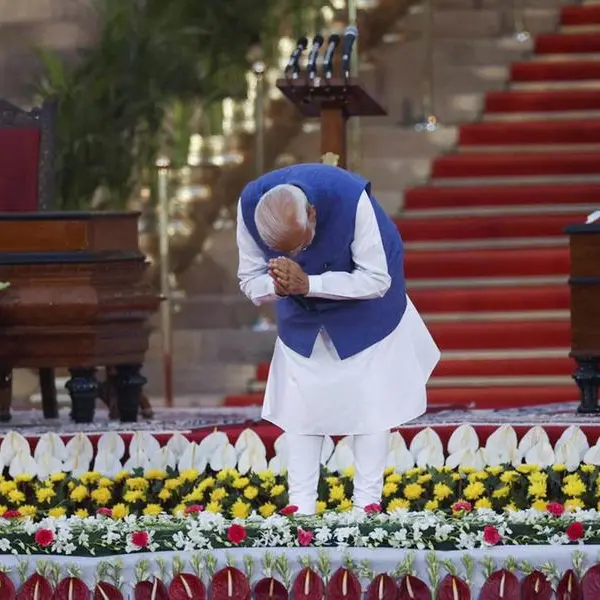PHOTO
The world is becoming accustomed to the drip-drip of catastrophic headlines following each new climate-driven disaster. Increasingly frequent and severe heatwaves are causing wildfires in California and widespread coral die-offs in Australia. Unprecedented floods have wreaked havoc in Pakistan, Germany, China, and New Zealand. Drought in the Horn of Africa is causing famine for millions. And this list could go on.
The common element underlying all these cataclysms is water. From the forced shutdown of nuclear reactors in France to the heavy snowfall that covered large swaths of North America in December, or the recent cholera outbreak in Lebanon, we are witnessing the symptoms of a mounting global water crisis — either too much, too little, or too dirty.
Yet water remains mostly absent from global discussions. While concerns about the geopolitical order, climate change and the Covid-19 pandemic have understandably been in the spotlight, water is rarely discussed outside the context of humanitarian responses to local, national, or transboundary floods or droughts. This is a major blind spot: in the World Economic Forum’s 2023 Global Risks Report, nine of the ten biggest risks for the next decade have a water-related component.
For at least the last 5,000 years, human communities and civilisations have deliberately regulated water in order to survive. Even today, many people see water as a gift from God — or, in more secular terms, as a key part of a universal cycle that demands our respect and appreciation. However, in most places where water is “controlled” through dams and pipes, and made safe and available around the clock, we have come to take it for granted. And when concerns about access to safe water or exposure to extreme weather events are raised, they are generally ignored or treated as a low priority.
This apathy is no longer tenable. The injustices associated with water-driven disasters are growing, and the global water cycle itself is changing. Human freshwater use has exceeded blue-water capacity (rivers, lakes, and aquifers), creating huge risks for everyone and the planet’s ecosystems. Around 20 per cent of global water consumption for irrigation now comes from overuse of groundwater sources, and about 10 per cent of the world’s food trade comes from non-renewable groundwater.
Climate change is amplifying these challenges. Global warming increases demand for water as temperatures rise and as water requirements for food increase with the decline in relative air humidity. By 2070, two-thirds of the world’s land mass will experience a reduction in terrestrial water storage, and the land area subject to extreme hydrological droughts could more than double to 8 per cent. Southwestern South America, Mediterranean Europe, and North Africa are all projected to suffer unprecedented and extreme drought conditions by 2050.
The UN 2023 Water Conference in March — the first such gathering in almost a half-century — must mark a turning point in our relationship with water and the water cycle. Only by fundamentally re-examining our relationship with water, revaluing its many uses, and treating it as a local and global common good can we achieve a safe and just future.
As the lead experts at the Global Commission on the Economics of Water, we see three areas that require transformation. First, we must consider the entire water cycle and how it is connected with biodiversity, the climate, human well-being, and ecosystem health — all key factors in socioeconomic and ecological prosperity. That means “connecting the dots” and promoting resilient relationships between water and food, water and energy, and water and the environment.
Second, water and the water cycle must be governed as global common goods. The ongoing proliferation of water crises calls for a new economic framework based on a systems approach to the water cycle, societies, and economies. We must develop a better understanding of existing “lock-ins” (including property rights, bilateral treaties, and corruption) and other structural challenges that impede water reallocation for the common good.
Moreover, an inclusive interdisciplinary framework — with a portfolio of new instruments and metrics — is needed to manage the systemic risks associated with the water cycle and its alteration by humans. Creating such a framework must begin by acknowledging water’s central role in driving economic, sociocultural, and environmental change.
Lastly, we must bring everyone into the decision-making process — starting with marginalized communities — to develop new strategies for properly valuing water. When nature and fresh water are not valued in the marketplace, we still pay a price for their misuse, which increases dramatically when we cross planetary boundaries.
The UN 2023 Water Conference offers a unique opportunity for the world to respond effectively to a critically important but neglected issue. Confronted with the world water crisis, we can either embark on a sustainable and just pathway or carry on with business as usual. The survival of human civilisation as we know it demands that we make the right choice. — Project Syndicate
(Quentin Grafton is Professor of Economics at the Crawford School of Public Policy at Australian National University. Joyeeta Gupta is a member of the Faculty of Social and Behavioural Sciences at the University of Amsterdam. Aromar Revi is Director of the Indian Institute for Human Settlements.)
Copyright © 2022 Khaleej Times. All Rights Reserved. Provided by SyndiGate Media Inc. (Syndigate.info).





















